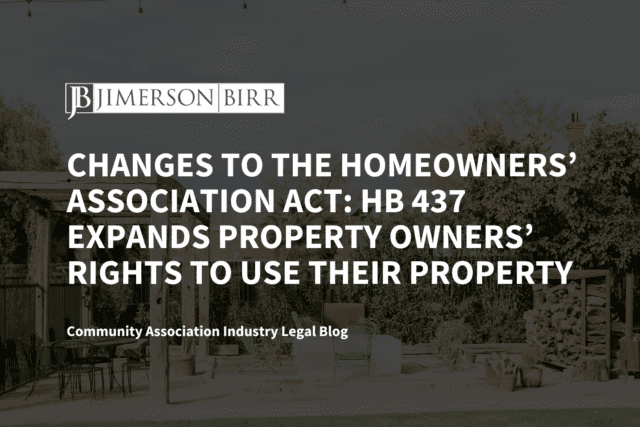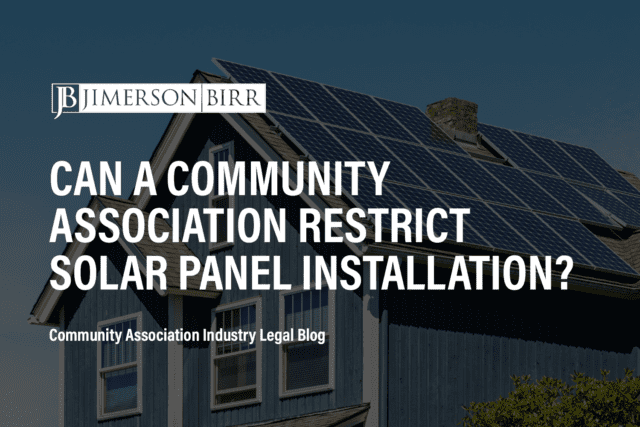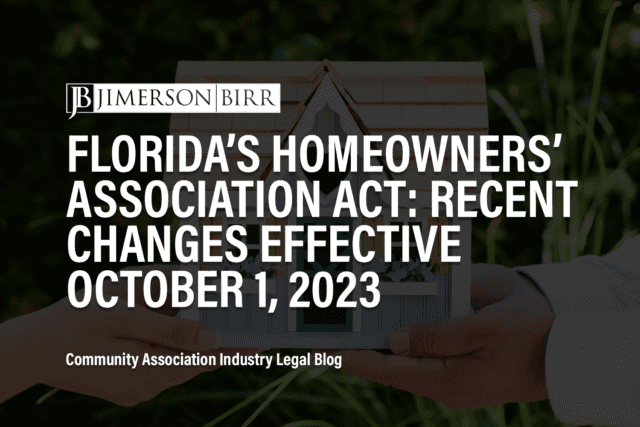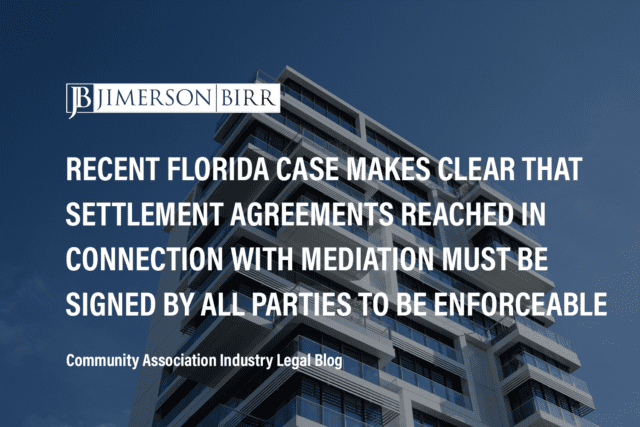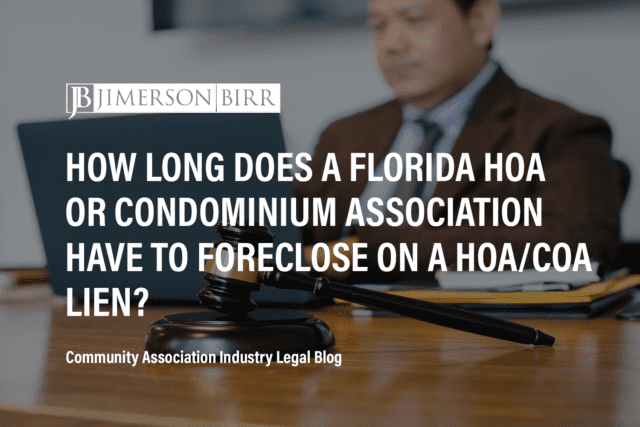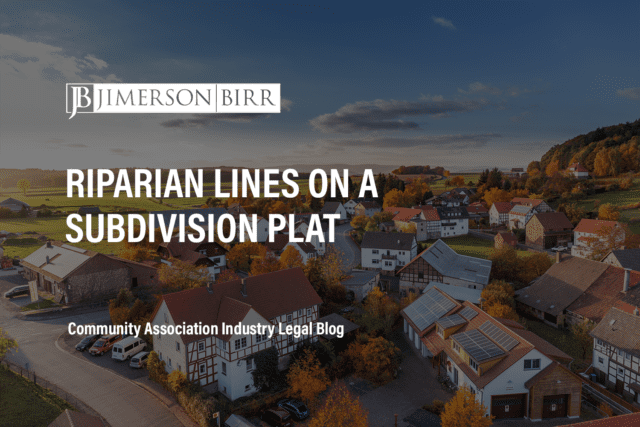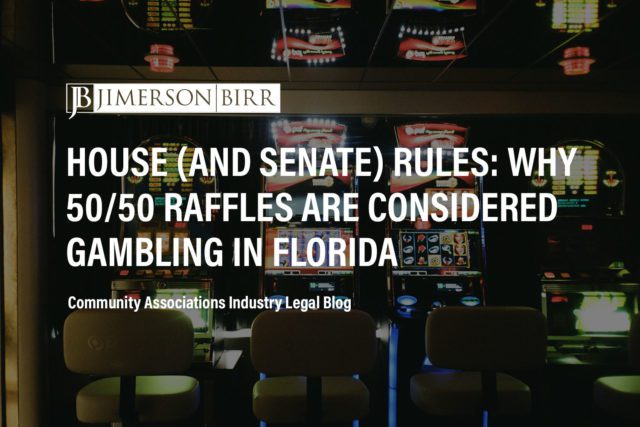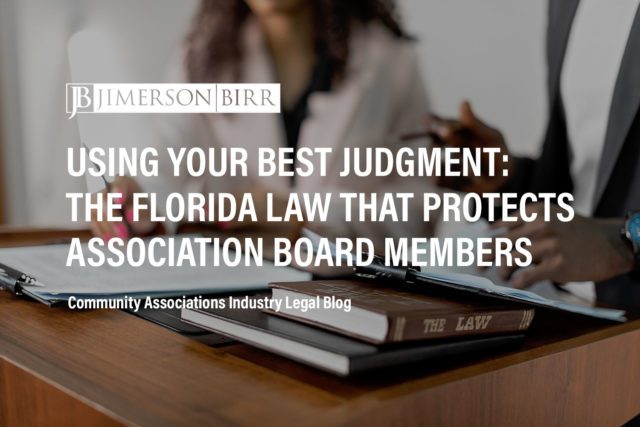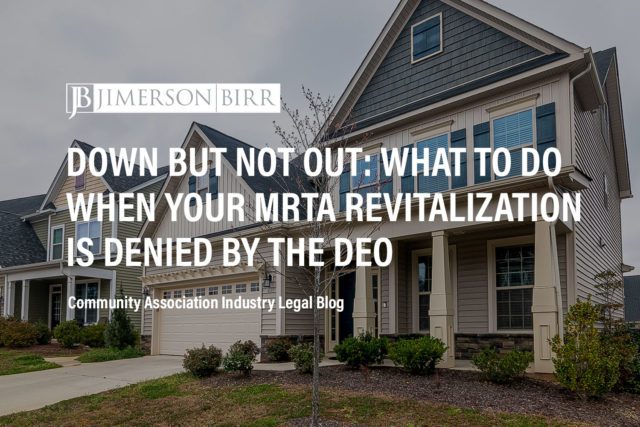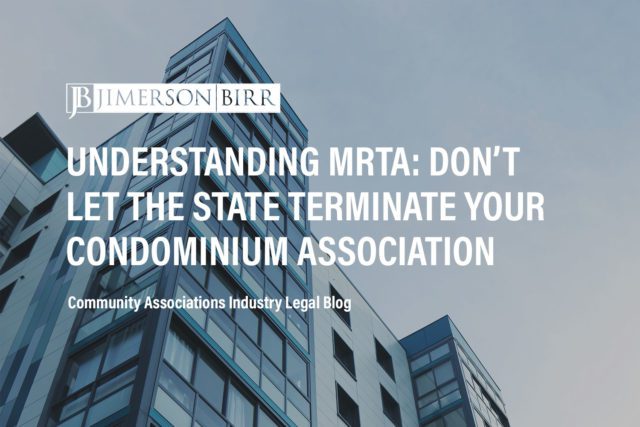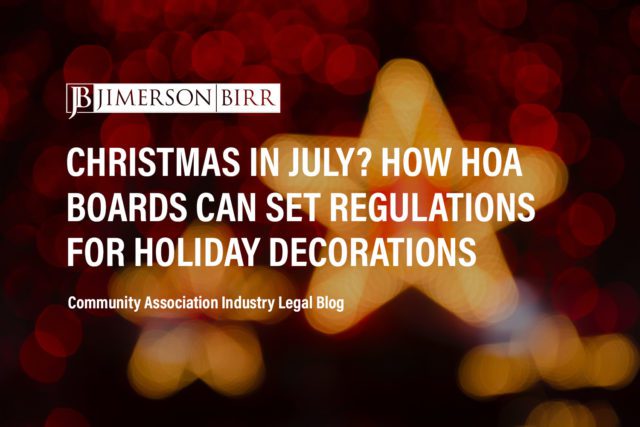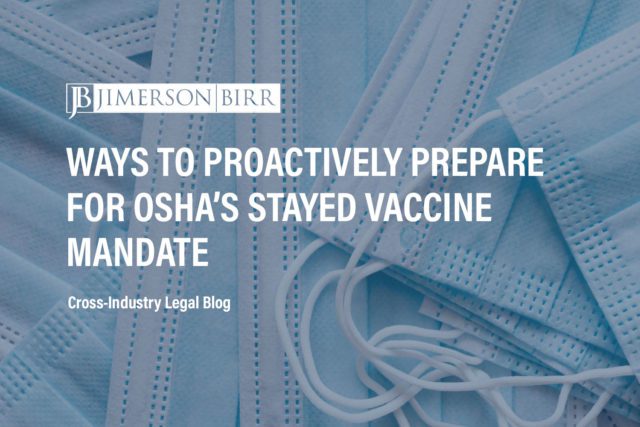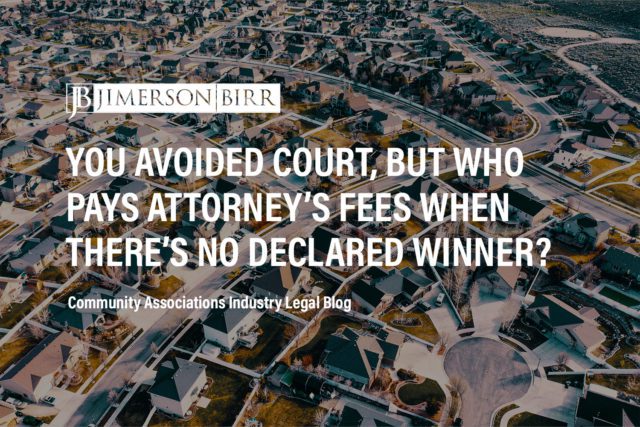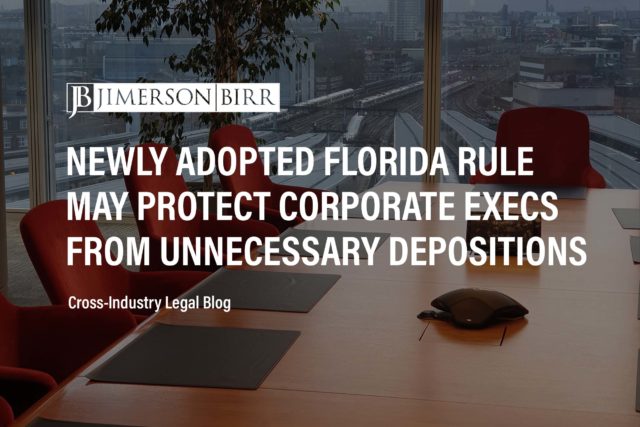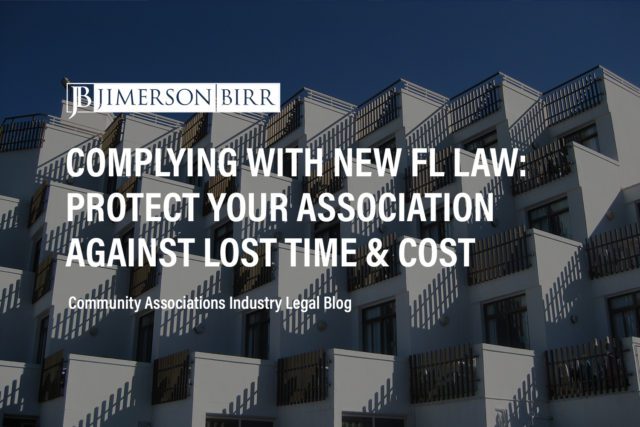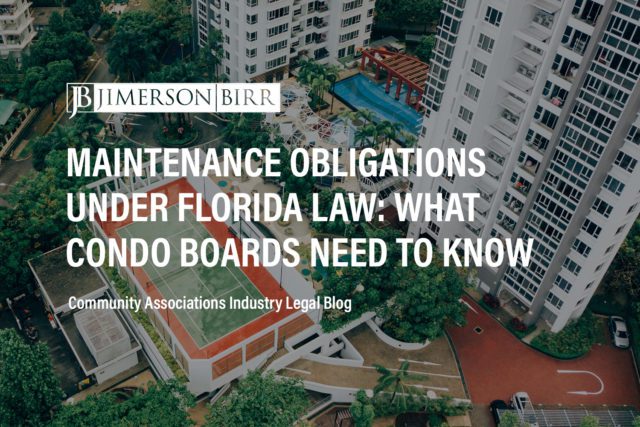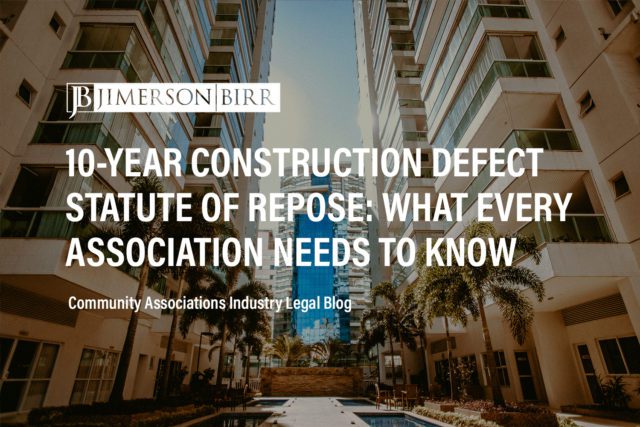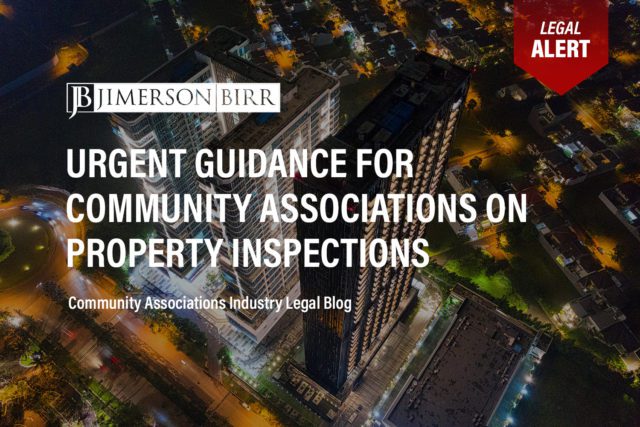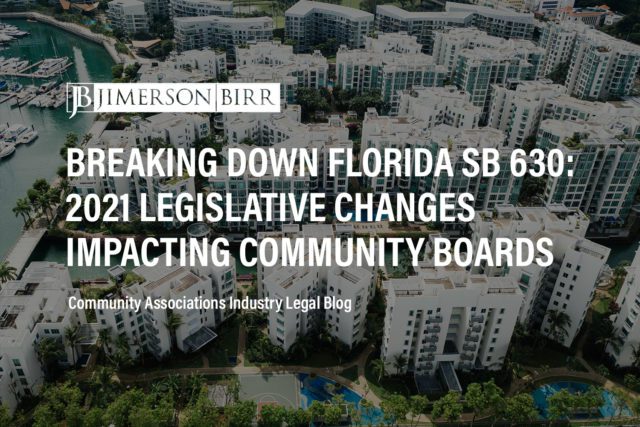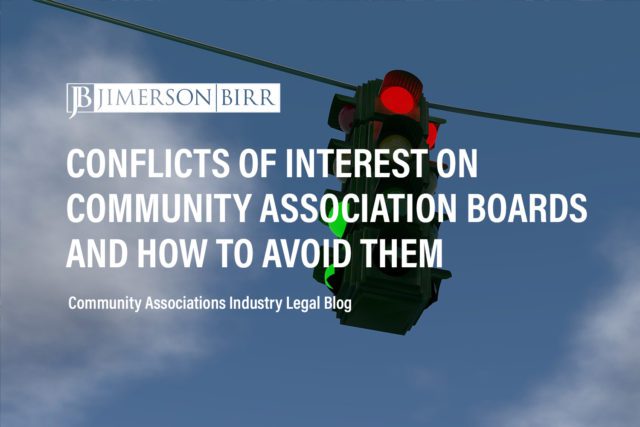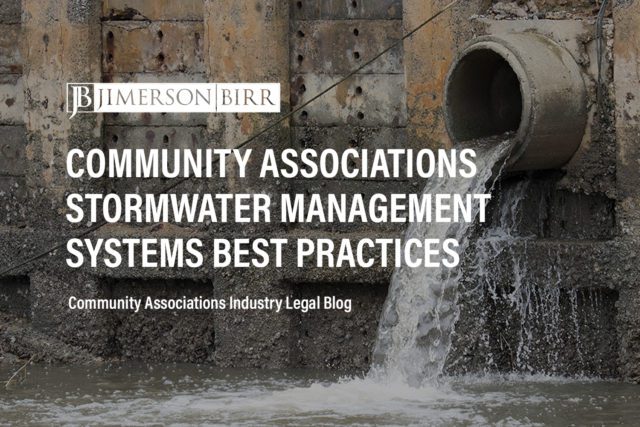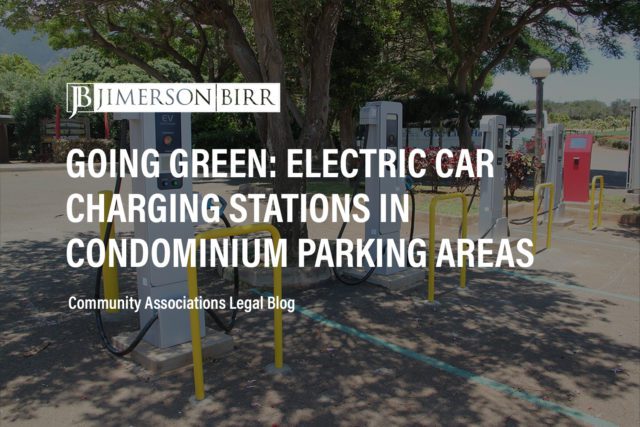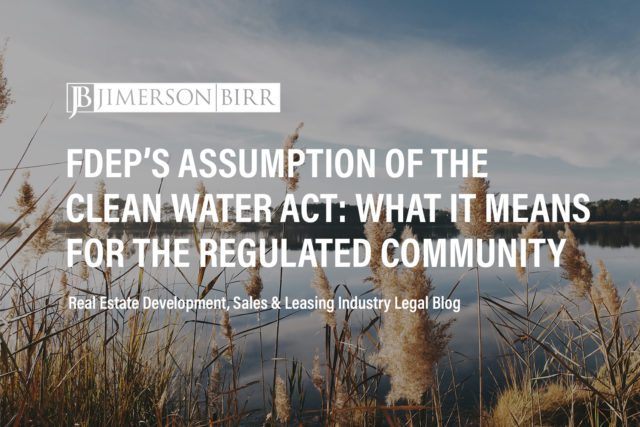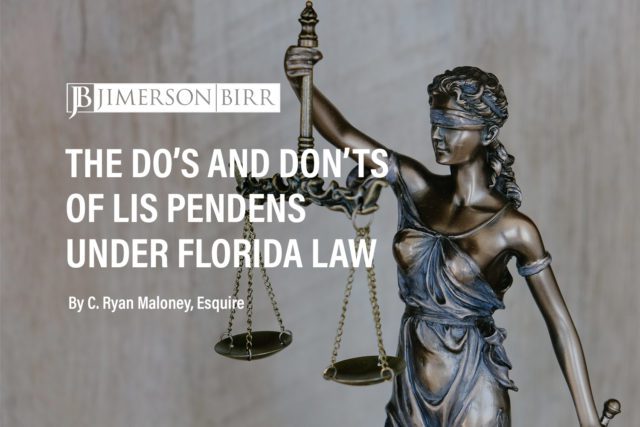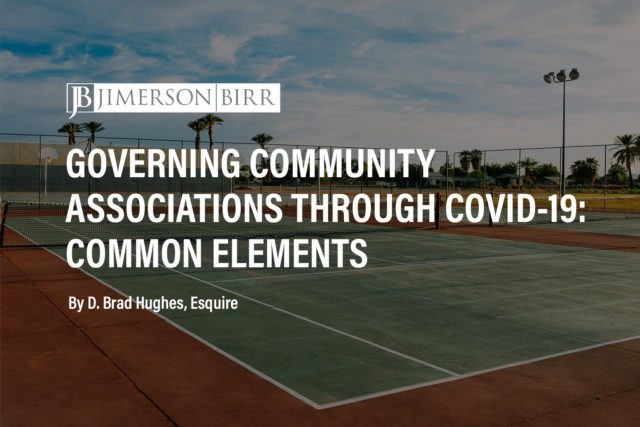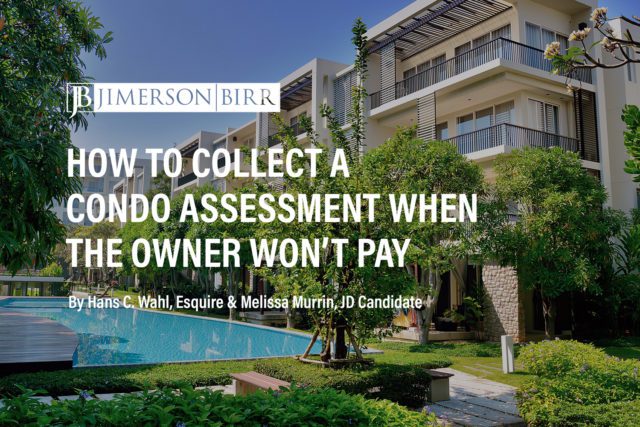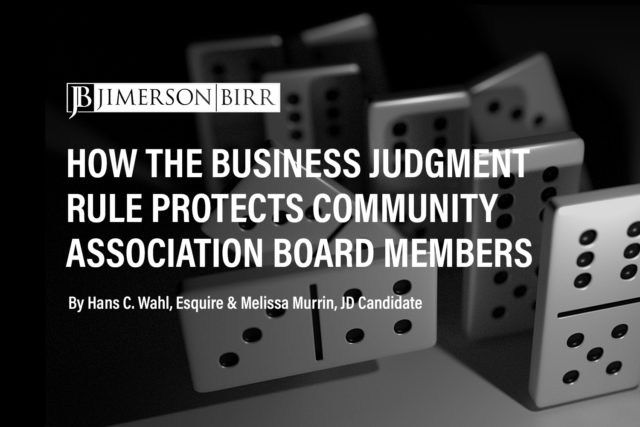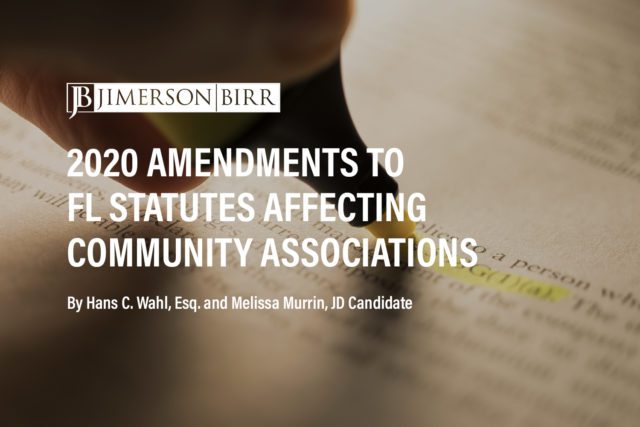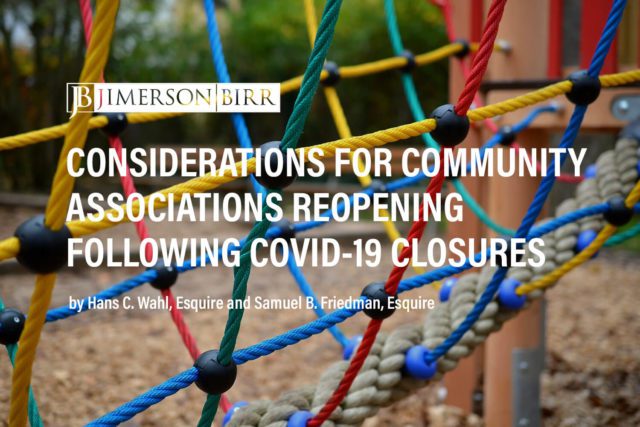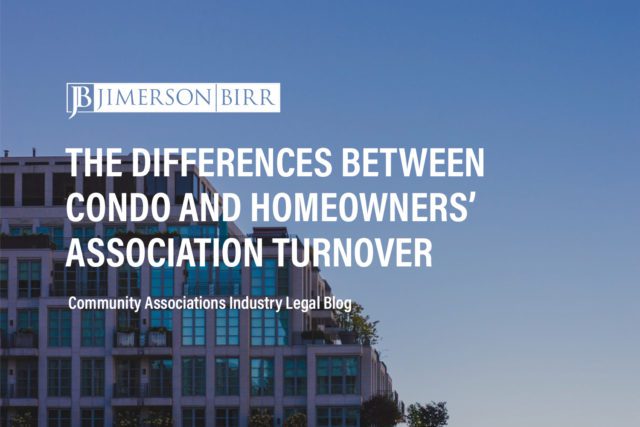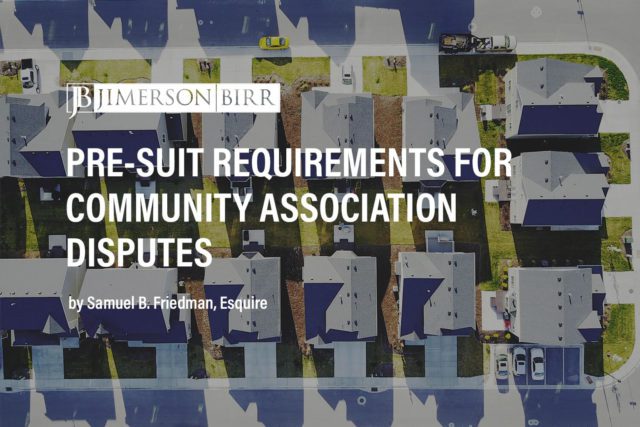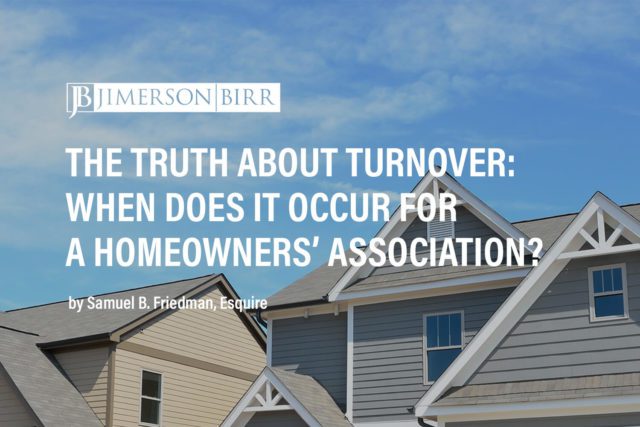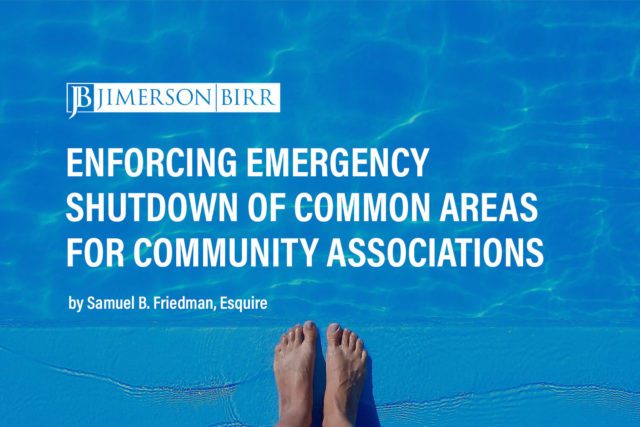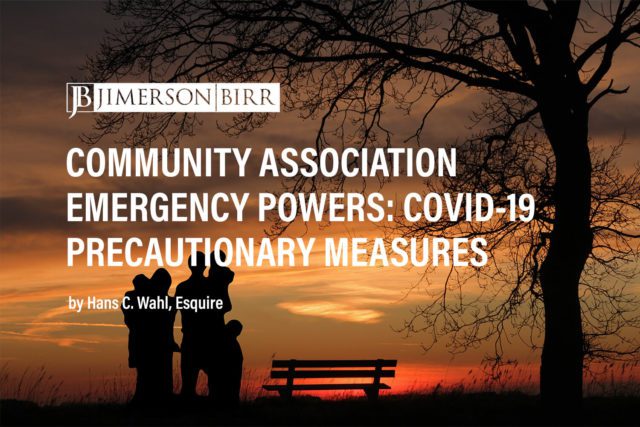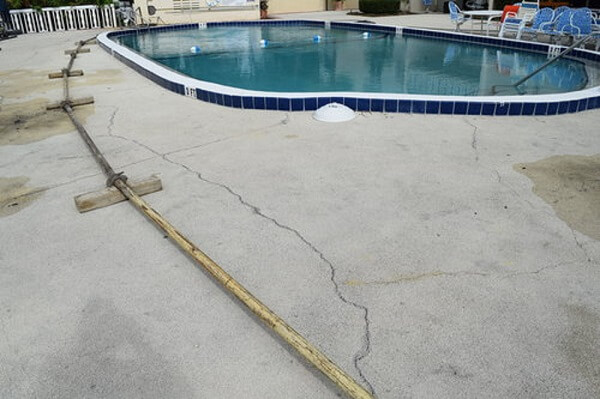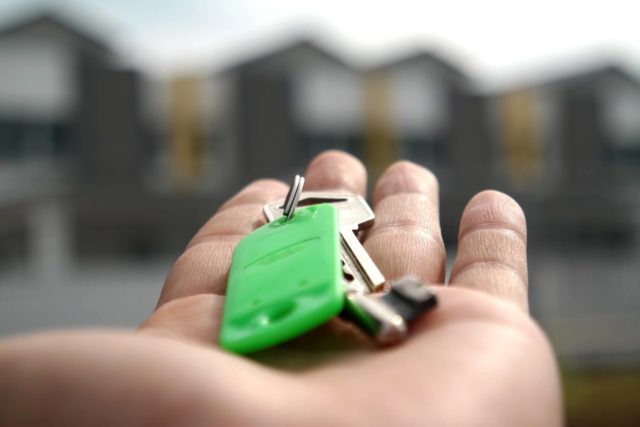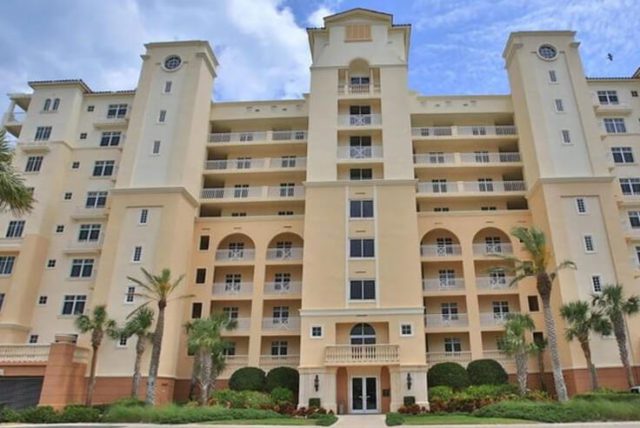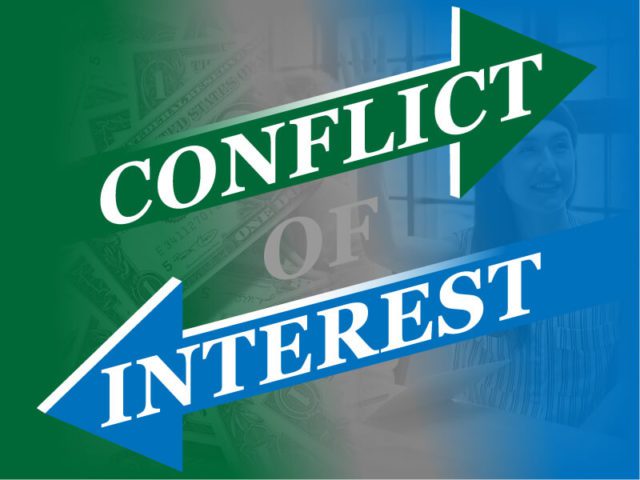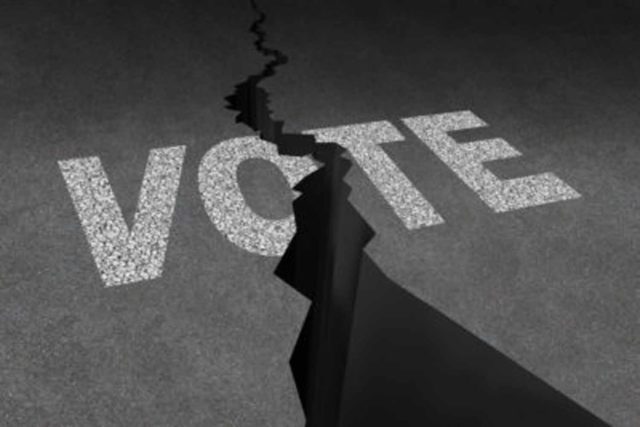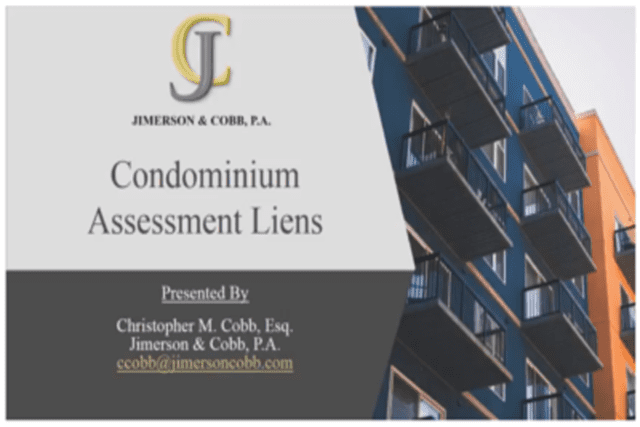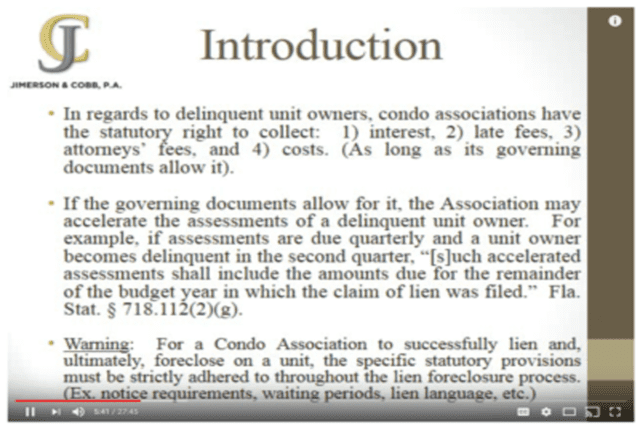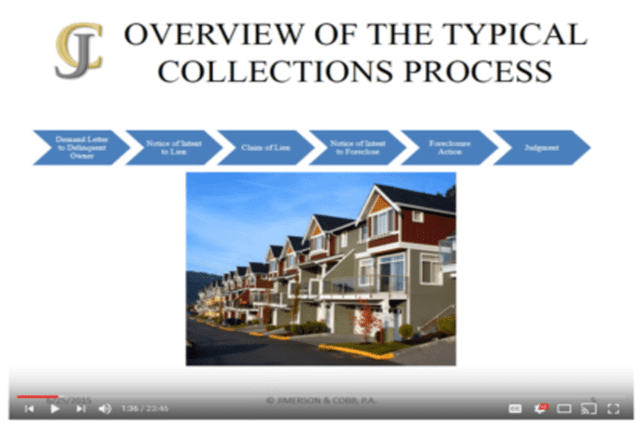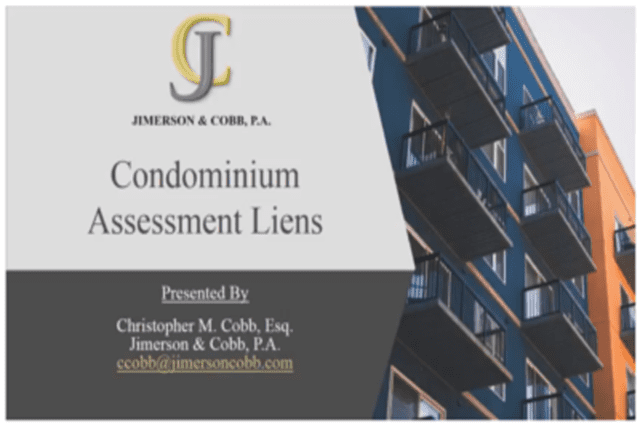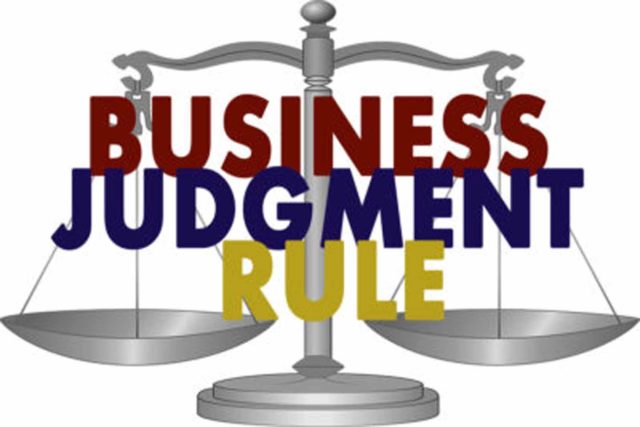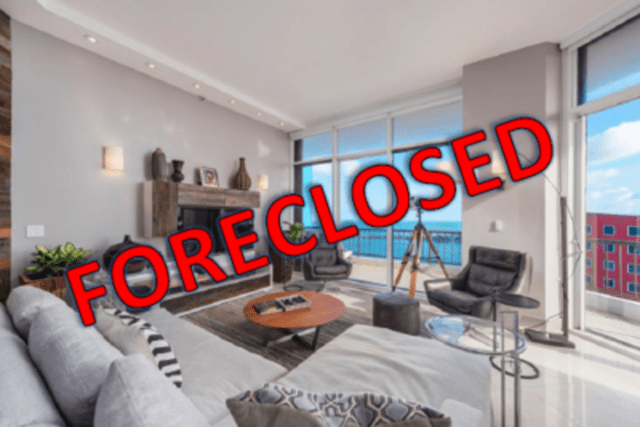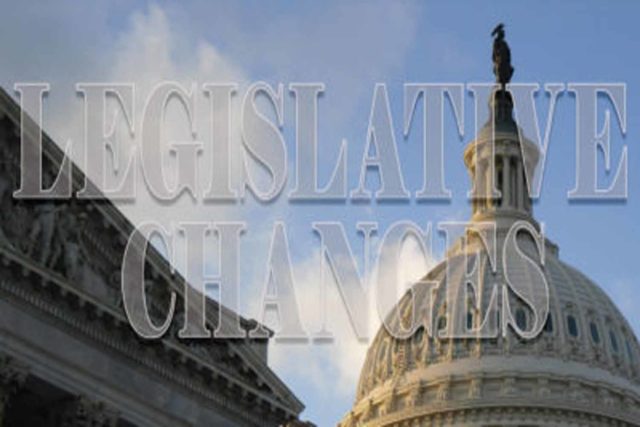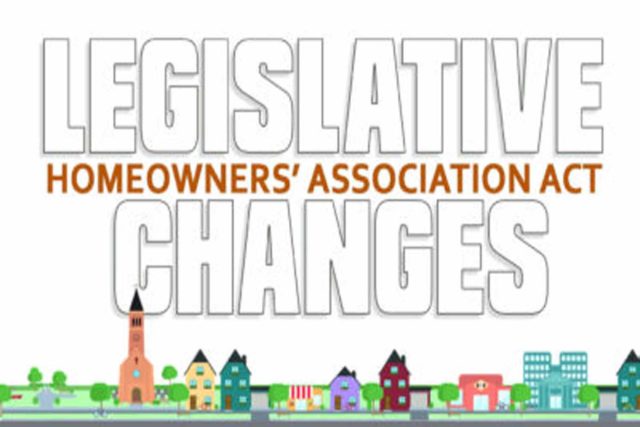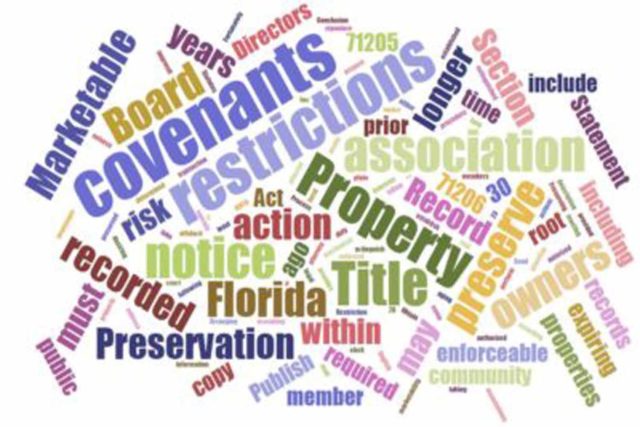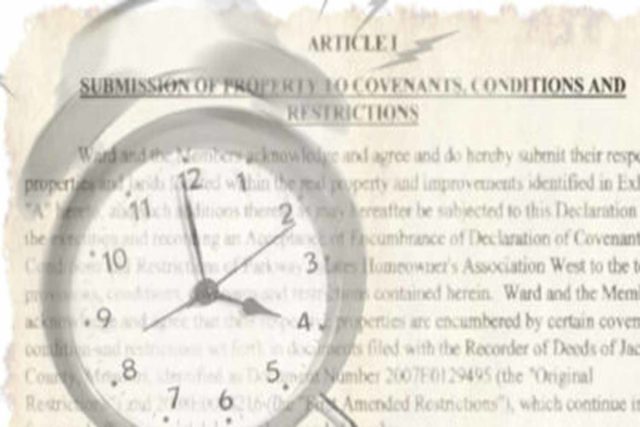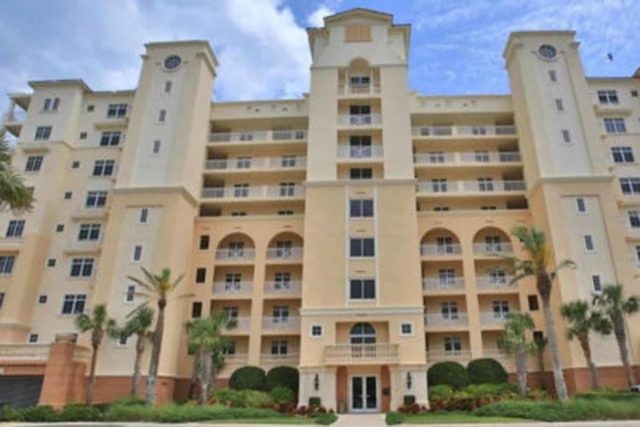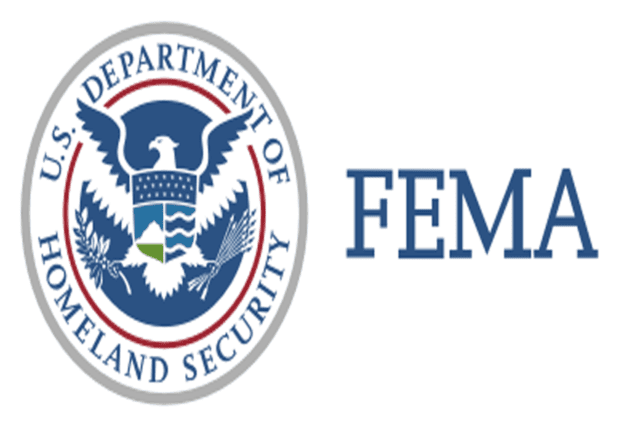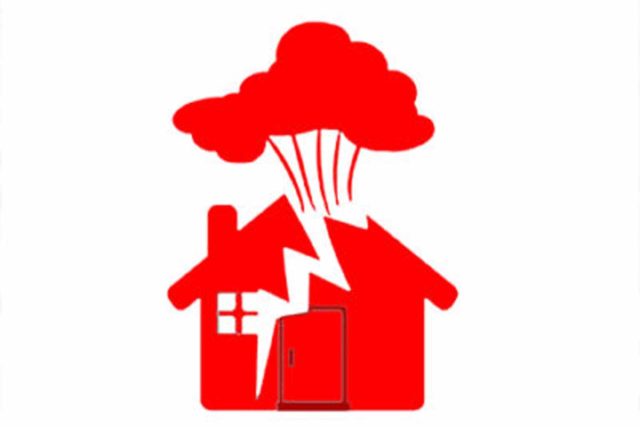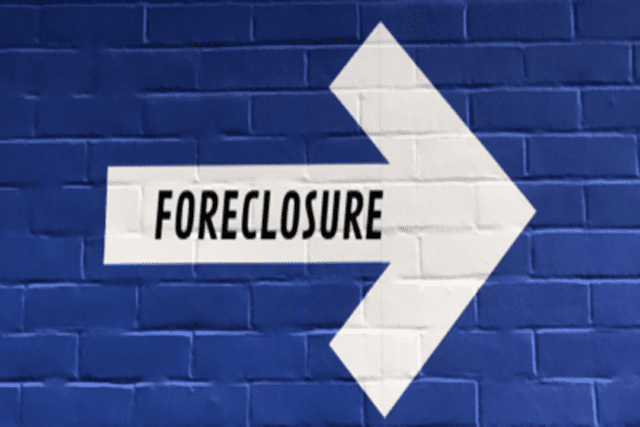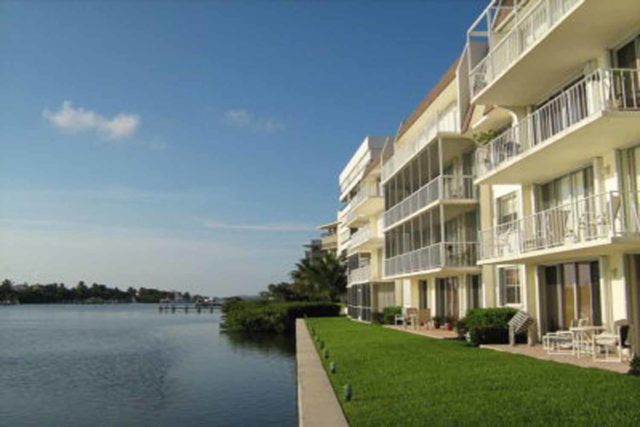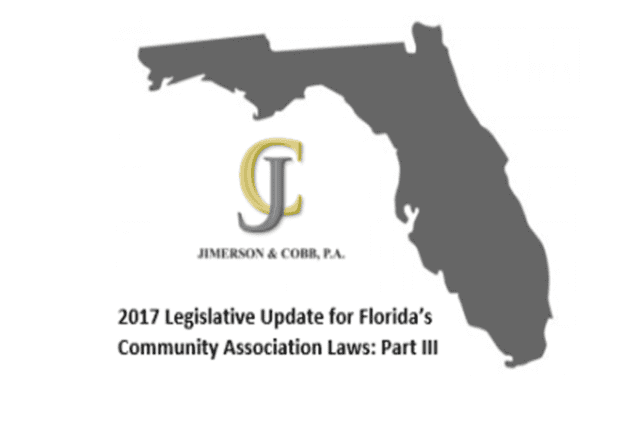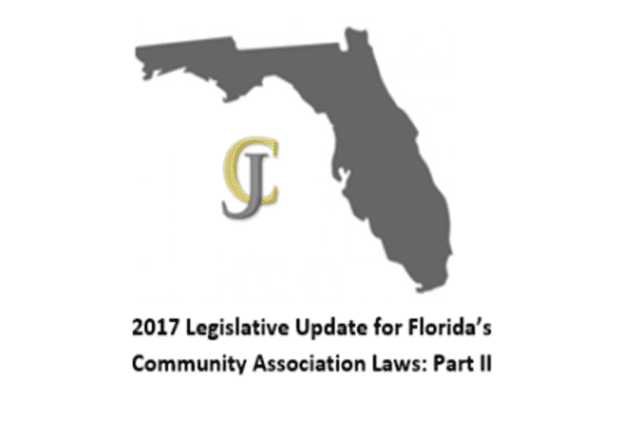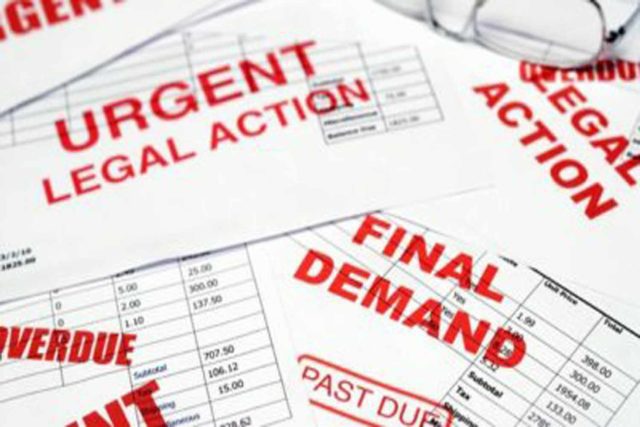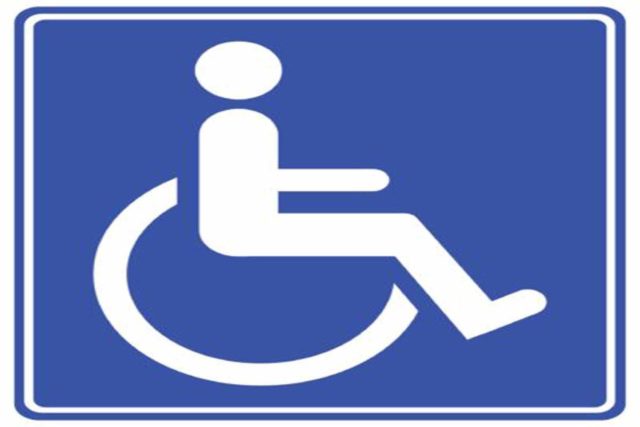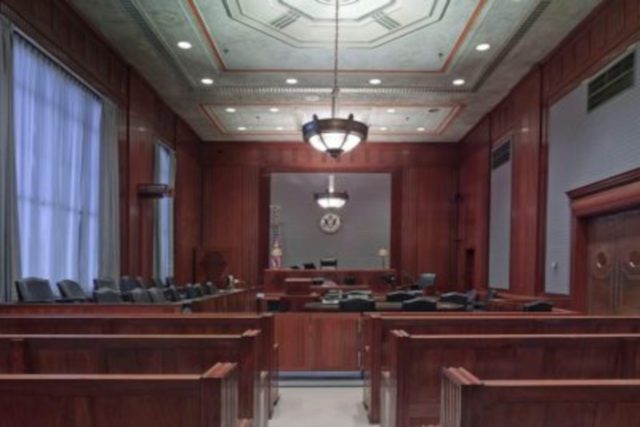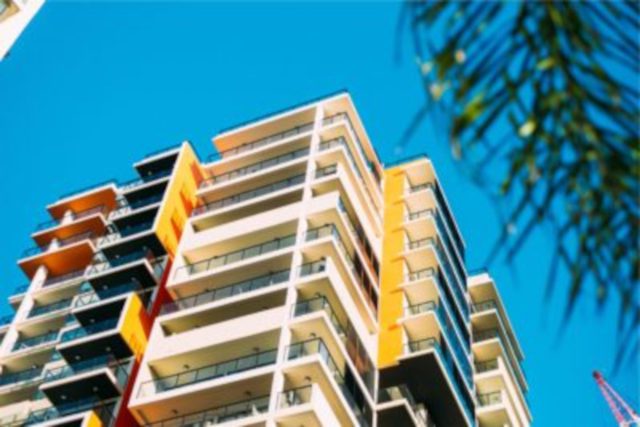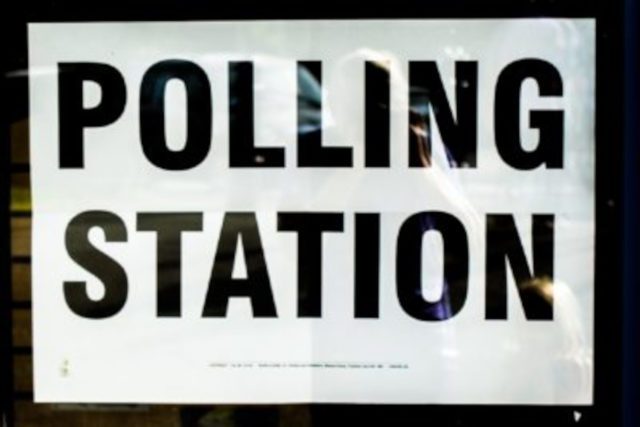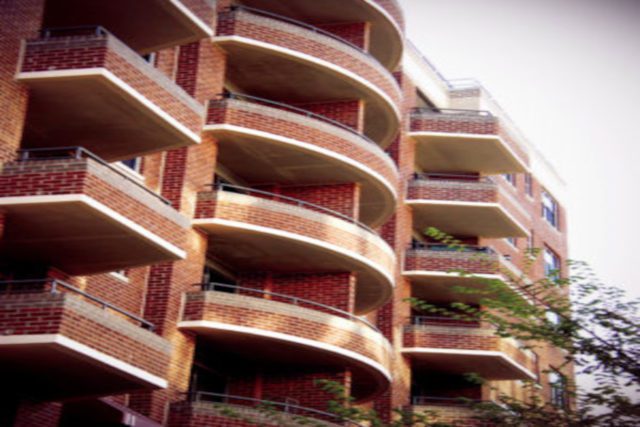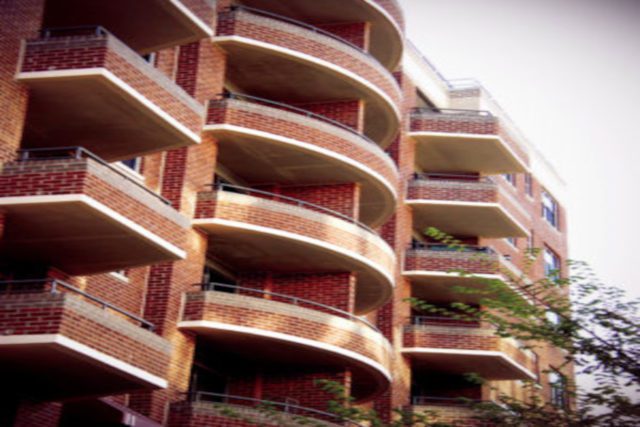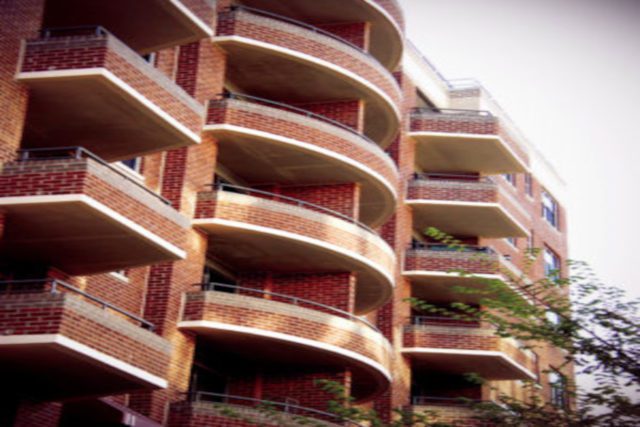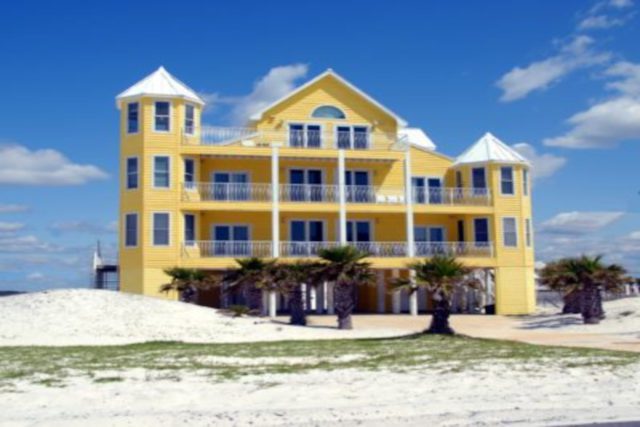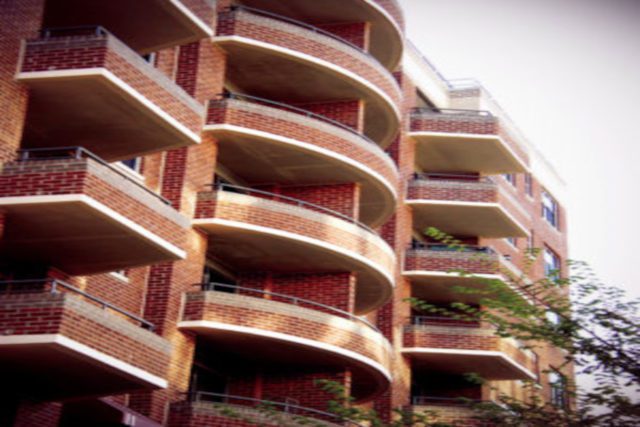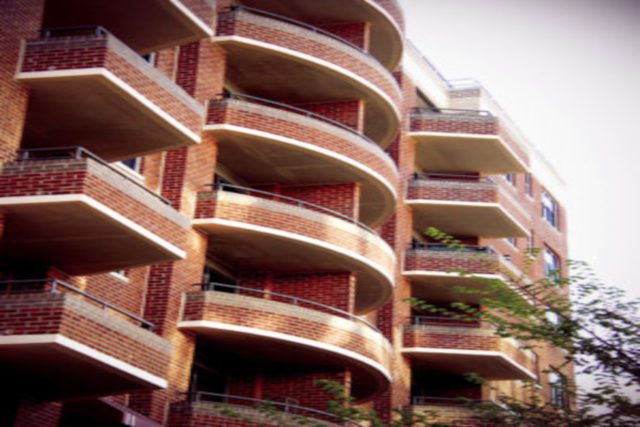Q: What is an assessment?
A: As defined by Chapter 718 of the Florida Statutes, “assessment” is a share of the funds which are required for the payment of common expenses, which are occasionally assessed against the unit owner.
Source: Fla. Stat. § 718.103(1).
Q: What is the difference between a regular assessment and a special assessment?
A: An assessment is a share of the funds required from unit owners for the payment of common expenses of the association. Special assessments are assessments levied against unit owners other than the assessment required by the annual budget.
Source: Fla. Stat. § 718.103(24).
Q: How are special assessments approved?
A: Chapter 718, Florida Statutes, provides minimum noticing requirements for meetings to consider special assessments, however, they do not address whether unit owners or the board must approve special assessments. Special assessments should be approved in accordance with the association’s documents.
Source: Fla. Stat. § 718.116(10); Fla. Stat. § 718.112(2)(c).
Q: Can a board suspend a unit owners’ voting rights because the unit owner is late in paying assessments?
A: Yes. An association may suspend the voting rights of a unit owner or member due to nonpayment of any fee, fine, or other monetary obligation due to the association which is more than $1,000 and more than 90 days’ delinquent. Proof of such monetary obligation must be provided to the unit owner or member 30 days before such suspension takes effect.
Source: Fla. Stat. § 718.303(5).
Q: How much can a board increase our assessment fees this year?
A: Assessments shall be made against unit owners in an amount which is not less than that required to provide funds in advance for payment of all the anticipated current operating expenses and for all the unpaid operating expenses previously occurred. However, if an adopted budget requires assessments that exceed 115 percent of assessments for the previous fiscal year, 10 percent of the unit owners may submit a written petition for a unit owner meeting in order to adopt an alternative budget, within 21 days after the adoption of the annual budget.
Source: Fla. Stat. § 718.112(2)(g); Fla. Stat. § 718.112(2)(e)(2).
Q: How often must assessments be paid by unit owners?
A: Chapter 718 of the Florida Statutes require assessments be made against units not less frequently than quarterly.
Source: Fla. Stat. § 718.112(2)(g).
Q: Our board has given notice of a board meeting to decide whether excess funds from a special assessment will be returned to unit owners or be used to defray future assessments. Does the board have the authority to use the monies to defray future assessments?
A: Yes, at the discretion of the condominium board. Funds collected from a special assessment shall only be used for the specific purpose(s) it was collected for. However, upon completion of such specific purpose(s), any excess funds will be considered common surplus, and may, at the discretion of the condominium board, either be returned to the unit owners or applied as a credit toward future assessments.
Source: Fla. Stat. § 718.116(10).
Q: Our board recently sent a letter to all unit owners stating that we are responsible for paying the unpaid assessments on a unit that the association foreclosed upon and obtained title to. Can the board require that all unit owners pay these fees?
A: Yes. If any unpaid share of common expenses or assessments is extinguished by foreclosure of a superior lien or by a deed in lieu of foreclosure thereof, the unpaid share of common expenses or assessments are collectable from all unit owners in the condominium or cooperative in which the unit is located.
Source: Fla. Stat. § 718.115(1)(g).
Q: Does the association have to accept my check for late assessments?
A: Yes. An association shall accept all payments for assessments, including those that are late. However, any late payment received by the association must be applied to any interest accrued, then to any administrative late fees, then to any costs or reasonable attorney’s fees incurred in collection, and then to the delinquent assessment.
Source: Fla. Stat. § 718.116(3).
Q: Can the board charge unit owners to use the common elements?
A: No. The association may not charge a use fee against a unit owner for the use of the common elements or association property unless otherwise provided for in the association documents or by a majority vote of the association or unless the charges relate to expenses incurred by an owner having exclusive use of the common elements or association property.
Source: Fla. Stat. § 718.111(4).
Q: Does the board have the authority to charge a unit owner for use of the clubhouse or swimming pool?
A: Possibly, depending on the association. If the association documents indicate a usage fee or a majority vote of the association believes there should be a usage fee, then a usage fee will be imposed. Additionally, an owner who has exclusive use of the common areas or association property may be charged a usage fee.
Source: Fla. Stat. § 718.111(4).
Q: Our board has proposed that three-bedroom unit owners should pay a higher monthly fee than owners of two-bedroom units. Does the board have such authority?
A: Possibly, if the condominium’s declaration or documents articulates a higher monthly fee for owners of three-bedroom units. Funds for payment of the common expenses of a condominium or a cooperative shall be collected by assessments against the units in the condominium or cooperative in the proportions or percentages provided in that condominium’s declaration or cooperative’s documents. Unless otherwise provided for in the original condominium’s declaration or cooperative’s documents, no amendment may change the proportion or percentage by which the owner of the unit shares the common expenses unless the owner of the unit and all the owners of liens on it approve the amendment and unless all the owners of all other units approve the amendment.
Source: Fla. Stat. § 718.115(2); Fla. Stat. § 718.110(4).


